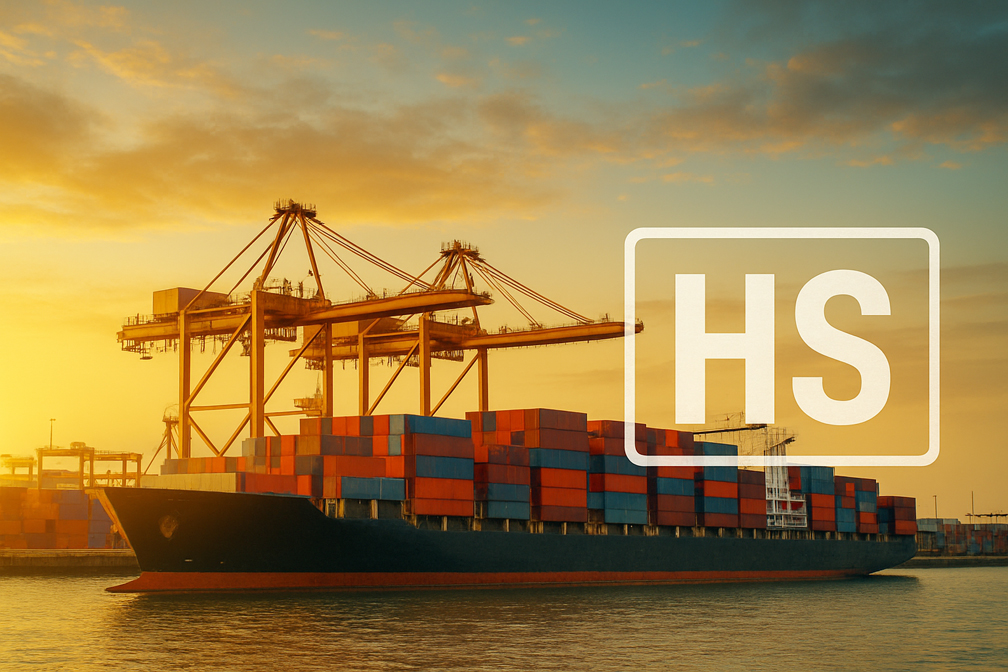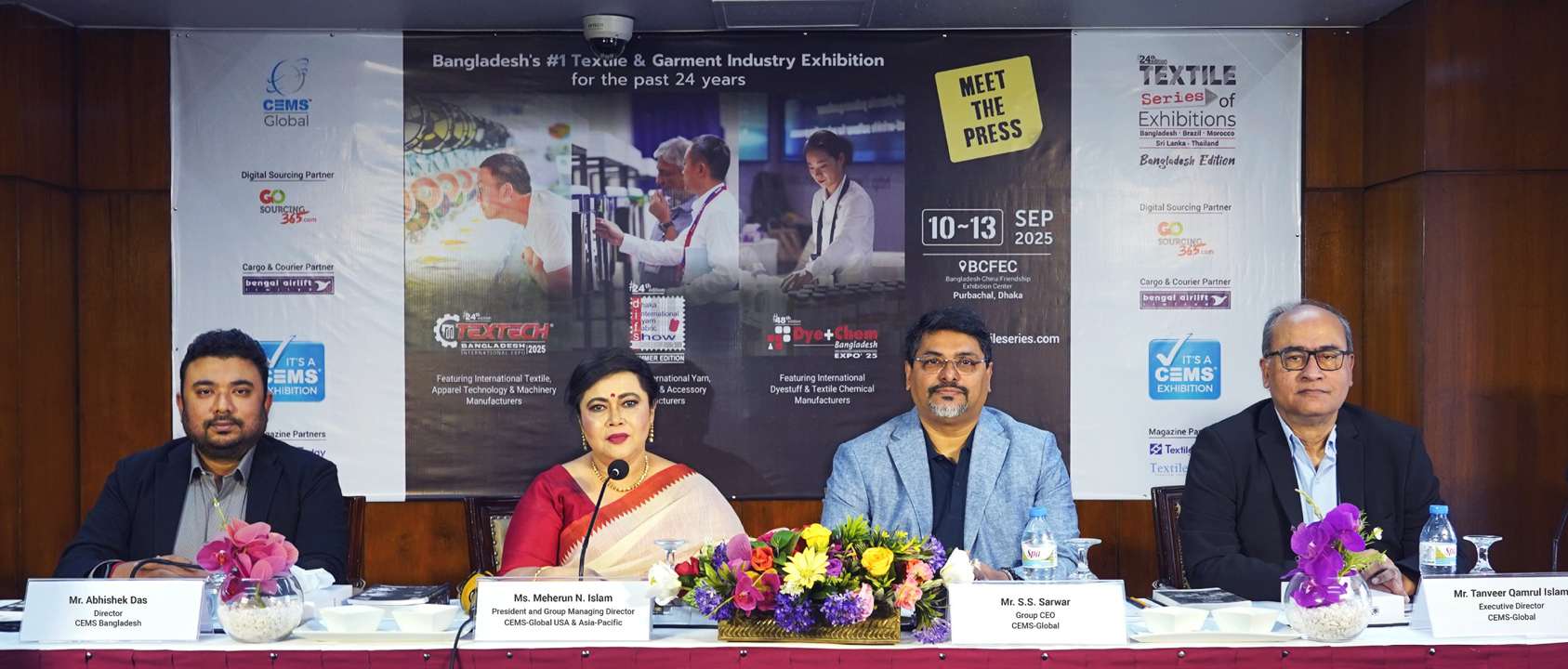Bangladesh has taken a significant step to ease a longstanding trade bottleneck as the National Board of Revenue (NBR) instructed customs authorities to clear bonded factory consignments even when minor discrepancies exist between declared Harmonized System (HS) codes and product descriptions.
The move has been widely welcomed by the business community, which had long lobbied to resolve this persistent non-tariff barrier.
In an order issued on September 8, the NBR acknowledged that companies holding bonded warehouse licences frequently face delays in customs clearance, particularly when inspections reveal mismatches between the HS codes or product descriptions listed in the bond license, entitlement sheet, or Utilisation Declaration, and the actual consignments.
Such delays have disrupted the timely shipment of export orders, exacerbating challenges amid a complex international trade environment.
The NBR instructed that if the first four digits of the HS code matched the bonded item, customs should release the goods promptly.
It also required importers to submit an undertaking to update their licence and Utilisation Declaration within 30 days to reflect the new code.
In cases where customs identified a different HS code or product description during inspection, companies were expected to revise the relevant details in the Customs Bond Management System and complete clearance within two days.
The directive, which took immediate effect, was said to apply to consignments currently pending due to HS code or product description disputes.
The NBR indicated that proper compliance would make export operations from bonded facilities faster, smoother, and more cost-effective.
The standing order outlined a structured process for licensees and customs authorities. Companies were granted a 30-day window from the date of their first customs declaration to address HS code issues, whether to determine a new eight-digit HS code for goods included in the general bond or to amend an existing code.
Relevant Customs Commissionerates were assigned to process these applications and integrate the approved HS codes into the official customs management system, with formal notifications sent to the appropriate customs house or station.
Fazlee Shamim Ehsan, executive president of the Bangladesh Knitwear Manufacturers and Exporters Association, said that the NBR’s decision was a smart move to ease the business environment.
He said that issues with HS codes had been one of the major non-tariff barriers for business, which the NBR had removed through a very simple notification.
Ehsan also mentioned that some issues, such as zero VAT and entitlement limitations for bonded companies, remained unresolved and should be addressed immediately to accelerate business in the country.
He urged the NBR and the government to focus on these matters.
Ehsan recalled that earlier on September 3, the NBR had decided to hold a view-exchange session with all stakeholders on the second Wednesday of every month, giving the highest priority to trade facilitation—a move that had also been widely welcomed by businesses.
He said that at these sessions, business representatives would be able to directly present their field-level problems related to Customs, Income Tax, and VAT before the NBR chairman and members.





















